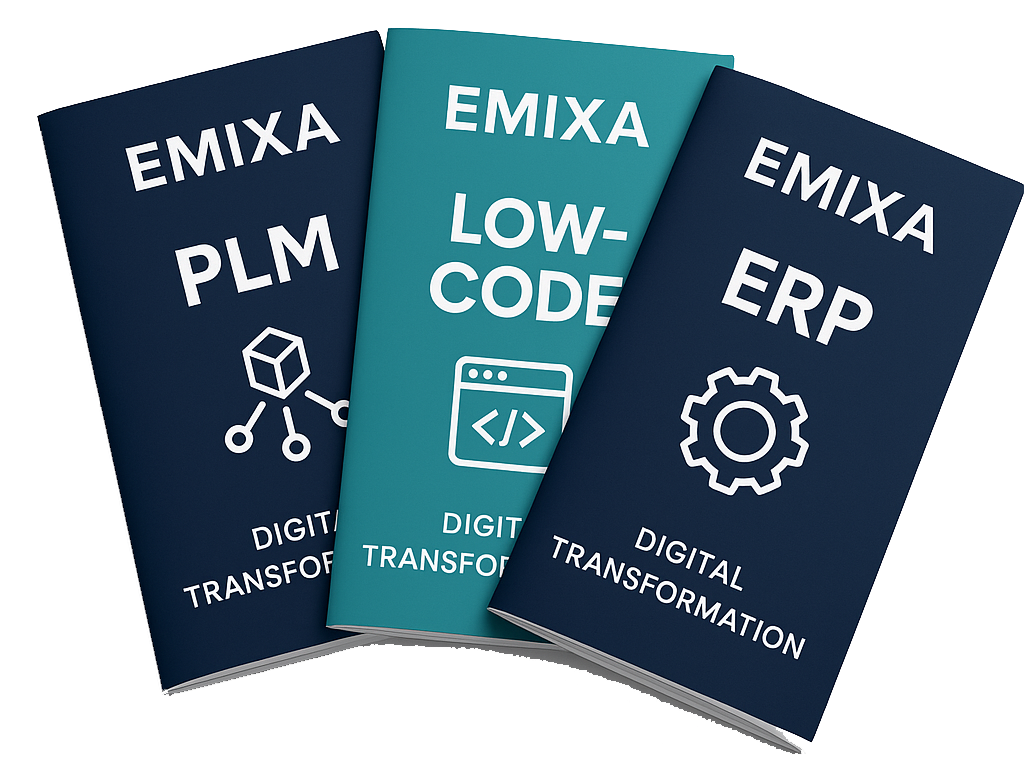
- SAP
Navigating Sustainability: How SAP Can Transform Your ESG Reporting

The themes of sustainability and emission management have become a critical focus for organizations over the past few years. With 85% of global consumers making purchasing decisions based on sustainability, businesses can no longer afford to overlook their environmental impact. As they face increasing pressure from recent changes in EU regulations, many organizations are adapting to limit their emissions and report sustainability data more effectively. However, reporting on emissions is a significant challenge. It requires solutions that address the entire value chain of an organization.
Software providers like SAP have recognized this need and responded with their Climate Action program. This portfolio of products empowers businesses to gain valuable insights into their value chains and ensure compliance with evolving sustainability legislation. Let's dive deeper into SAP’s key sustainability solutions and explain how Emixa can support your organization in navigating this transformation.
What Does the New Legislation Mean for Your Business?
The EU's updated legislation on sustainability reporting is structured around a three-phase approach: Environmental, Social, and Governance (ESG). Each phase focuses on a different aspect of a company's impact:
- Environmental: This includes direct and indirect CO2 emissions, energy consumption, and broader environmental impacts.
- Social: Covers issues such as pay equality, diversity, and inclusion within the organization.
- Governance: Focuses on organizational leadership and how corporate performance is managed.
By 2024, large-scale organizations (those already obliged to comply under the EU Non-Financial Reporting Directive) must report their emissions. In 2025, the requirements will extend to organizations that meet two out of the following three criteria:
- 250+ employees
- €40M+ yearly turnover, or
- €20M+ in assets
By 2026, all publicly traded companies will be required to follow these reporting standards. For a detailed overview of the legislative changes, you can find more information here.
SAP's Solutions for ESG Reporting
As a market leader in business software, SAP has proactively developed solutions to help organizations meet these new sustainability requirements. These products are bundled under the Climate Action program, which includes:
- SAP Sustainability Control Tower
- SAP Sustainability Footprint Management
- SAP Sustainability Data Exchange
Each product plays a unique role in helping companies measure, report, and act on emission data across their entire value chain. Let's explore them in detail.
SAP Sustainability Control Tower: Your Command Center for Sustainability
The SAP Sustainability Control Tower is designed to be a one-stop shop for gathering, managing, and reporting all sustainability-related data. It consolidates information from various sources, enabling businesses to track carbon emissions, energy usage, and other environmental metrics in real time. With this solution, organizations can gain valuable insights quickly, generate audit-ready reports that comply with the latest ESG legislation, identify trends, and respond proactively to issues before they escalate - an advantage that was not possible before.
Real World Example:
Consider a global manufacturing company with suppliers spread across multiple regions. Before adopting the SAP Sustainability Control Tower, this organization found it difficult to collect consistent sustainability data from all suppliers, conflicting their ability to comply with EU regulations.
Once the Control Tower was in place, the company could gather data from all regions in real-time, visualize trends, and generate compliance-ready reports with ease. Within the first year, they not only achieved compliance but also reduced energy consumption by 10%, resulting in significant cost savings and an improved sustainability rating.

Dashboard overview of the SAP Sustainability Control Tower.

Ambitions in SAP Sustainability Control Tower.
SAP Sustainability Footprint Management: Calculating Your Carbon Footprint
SAP Sustainability Footprint Management helps businesses accurately measure their carbon emissions on both the product and corporate levels. By adding a carbon "footprint" to materials and processes, this solution tracks the environmental impact of every activity within an organization. Using advanced calculations and life-cycle assessment (LCA) databases, businesses can pinpoint the sources of their emissions and make informed decisions to reduce them.
Key Benefits:
- Accurately measure product-level emissions.
- Identify emission hotspots in your value chain.
- Develop strategies to lower your carbon footprint.
For example, a food production company was able to use SAP Sustainability Footprint Management to assess the environmental impact of their supply chain. They discovered that a significant portion of their carbon footprint came from raw material suppliers. Armed with this insight, they were able to switch to more sustainable suppliers, reducing emissions by 15%.


Dashboard overview of SAP Sustainability Footprint Management.
SAP Sustainability Data Exchange: Facilitating transparent Data Sharing
The SAP Sustainability Data Exchange enables businesses to securely and efficiently share emission data with partners, suppliers, and stakeholders. This level of transparency promotes collaboration across the value chain, as organizations can exchange data in standardized formats, improving sustainability reporting and decision-making.
For example, by utilizing this tool, a European retail company was able to share emission data directly with its suppliers. This transparency encouraged its partners to reduce their emissions and helped the company make more sustainable purchasing decisions, aligning with their corporate sustainability goals.
Ready to Accelerate Your Sustainability Efforts?
At Emixa, we understand the challenges businesses face when adapting to new sustainability requirements. With over 20 years of experience in digital transformation, we help organizations restructure their processes and implement the right solutions for ESG compliance.
Our specialized FAST trajectory approach offers a rapid assessment of your current sustainability landscape. We collaborate with your team to identify areas for improvement and recommend the best SAP solutions tailored to your needs. In a recent project for a leading construction firm, we consolidated ESG data from over 200 subdivisions into a single reporting platform, enabling them to meet EU regulations with ease.
Whether you’re at the beginning of your sustainability journey or looking to enhance your current efforts, Emixa can help you navigate the complexities of ESG reporting and digital transformation.
Author: Chelsea Delich
Published date: August 26, 2025

Explore our Technology. Access our downloads center.
Access NowStart your Digital Transformation with Emixa

We help businesses transform their digital future with cutting-edge technology and strategic products & services


